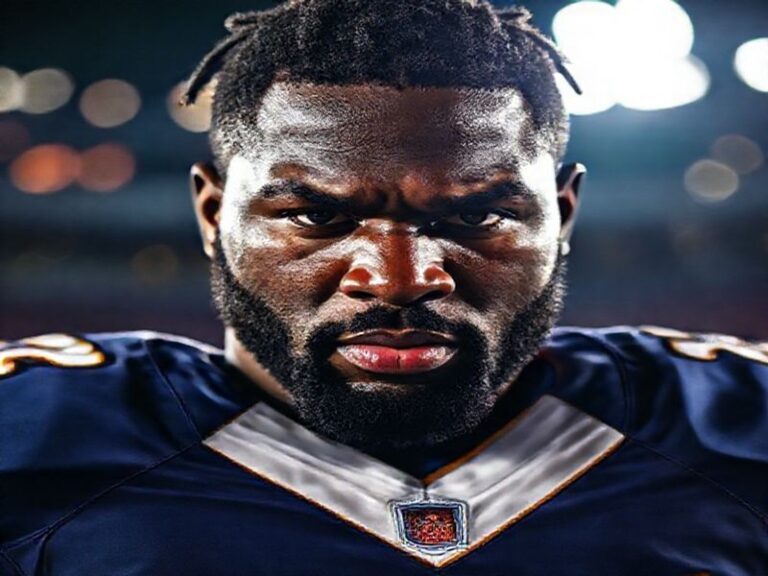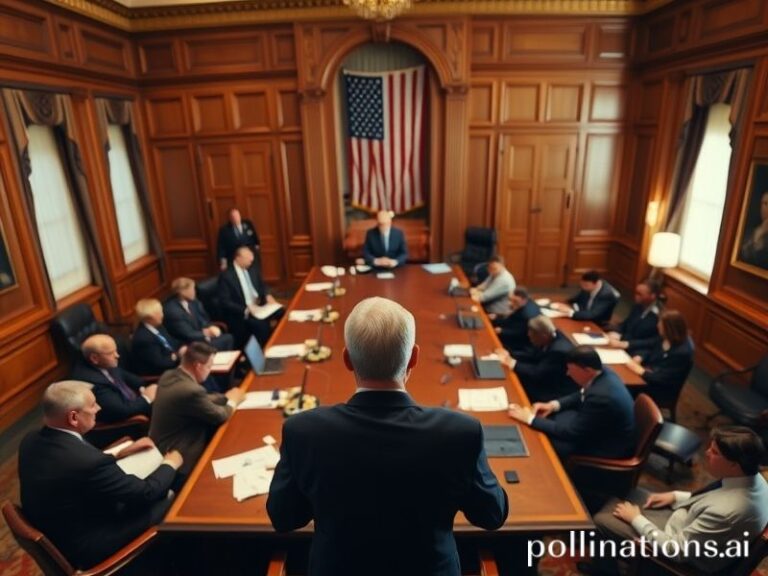Cameron Young: The World’s Accidental Messiah in a Polo Shirt
Cameron Young: When a Quiet Golf Prodigy Becomes the World’s Latest Metaphor for Everything
By the time Cameron Young’s tee shot at the 151st Open Championship settled 370 yards down the fairway—roughly the distance between London and Brussels on an emotional map—the planet had already begun its usual act of projection. A 26-year-old from Scarborough, New York, who still looks like he should be asking whether you want fries with that, was suddenly drafted into service as a global Rorschach test. To the Americans he was proof that their empire of leisure wasn’t quite dead; to the Chinese golf forums he was “the American Li Haotong with better hair”; to the British he was an affable reminder that their own empire of leisure is now mostly confined to afternoon tea and existential dread.
Young, currently ranked 17th in the world, has no tattoos, no scandalous exes, no crypto side hustle. This alone makes him suspicious in an era when personal branding is the only inflation-proof currency left. Instead, he carries the mildly anachronistic vibe of a man who might still mail a thank-you note after winning a major. In a universe that has decided the only interesting people are the ones who behave like malfunctioning slot machines, Young’s dull decency has become exotic—proof that bland can be radical if you market it correctly.
The international golf-industrial complex, ever hungry for a fresh face that won’t demand a human-rights inquiry, has latched on. European Tour executives whisper that Young could finally sell the sport to Gen Z in countries where “golf” still sounds like a colonial practical joke. Meanwhile, the Saudis, who’ve decided that buying entire sports is easier than buying good PR, reportedly have his name on a whiteboard somewhere between Dustin Johnson and a photograph of a glacier they may or may not own. There’s something darkly comic about a man whose greatest rebellion is using a Titleist instead of a Callaway becoming a geopolitical chess piece, but here we are.
Back home, the implications are equally absurd. Young’s rise coincides with the PGA Tour’s frantic attempt to rebrand itself as a civic religion rather than a tax write-off for Fortune 500 retirees. If he wins a major, expect Nike to drop a campaign featuring him walking through a deindustrialized Midwest town, inspirational piano tinkling as he hands out irons to unemployed steelworkers. The symbolism will be as subtle as a three-putt, but it’ll move merch in Jakarta as surely as in Jacksonville.
Globally, Young’s ascent is being read as a referendum on the last acceptable meritocracy: sports. While elections are rigged, markets are rigged, and your dating app is definitely rigged, the leader board still looks refreshingly binary: lowest score wins. This illusion of fairness is catnip to a world choking on inequality. Never mind that Young’s dad is a club pro and his backyard growing up could double as a PGA-certified course—details are bad for the narrative. We need our Horatio Alger myths laundered and pressed, preferably in moisture-wicking fabric.
There’s also the climate angle, because everything now has one. Young’s low-spin, high-launch ball flight is being studied by European physicists as a model of aerodynamic efficiency. If we can just make passenger jets slice through the sky like a well-struck 3-wood, maybe we can keep flying to climate conferences without the cognitive dissonance. It’s the kind of solution only a species that invented both the H-bomb and the handicap system could consider logical.
And so, as Cameron Young tees it up this weekend in some time zone you’ve never bothered to remember, remember this: he’s not just chasing a trophy. He’s carrying the weight of our collective need to believe that somewhere, somehow, a nice kid can still win without weaponizing irony or monetizing trauma. That notion may be the most fantastical lie we tell ourselves—right up there with “the back nine is relaxing” and “we’ll definitely fix the planet later.” But for four rounds, on perfectly manicured grass irrigated by the last glacier’s tears, we’ll pretend it’s true. After all, delusion plays better on television than reality ever did.







